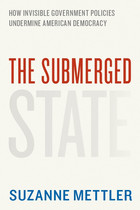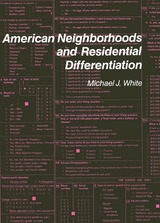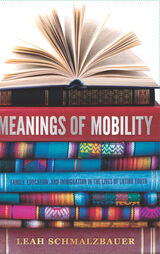Paper: 978-0-87840-684-5
Library of Congress Classification HN60.W55 1998
Dewey Decimal Classification 306.0973
In Honest Numbers and Democracy, Walter Williams offers a revealing history of policy analysis in the federal government and a scorching critique of what’s wrong with social policy analysis today. Williams, a policy insider who witnessed the birth of domestic policy analysis during the Johnson administration, contends that the increasingly partisan U.S. political environment is vitiating both "honest numbers" — the data used to direct public policy — and, more importantly, honest analysts, particularly in the White House.
Drawing heavily on candid off-the-record interviews with political executives, career civil servants, elected officials and Washington-based journalists, Williams documents the steady deformation of social policy analysis under the pressure of ideological politics waged by both the executive and legislative branches. Beginning with the Reagan era and continuing into Clinton’s tenure, Williams focuses on the presidents’ growing penchant to misuse and hide numbers provided by their own analysts to assist in major policy decisions.
Honest Numbers and Democracy is the first book to examine in-depth the impact of the electronic revolution, its information overload, and rampant public distrust of the federal government's data on the practice of policy analysis.
A hard-hitting account of the factors threatening the credibility of the policymaking process, this book will be required reading for policy professionals, presidential watchers, and anyone interested in the future of U.S. democracy.
See other books on: Decision making | Social indicators | Social policy | Statistics | White House
See other titles from Georgetown University Press






















